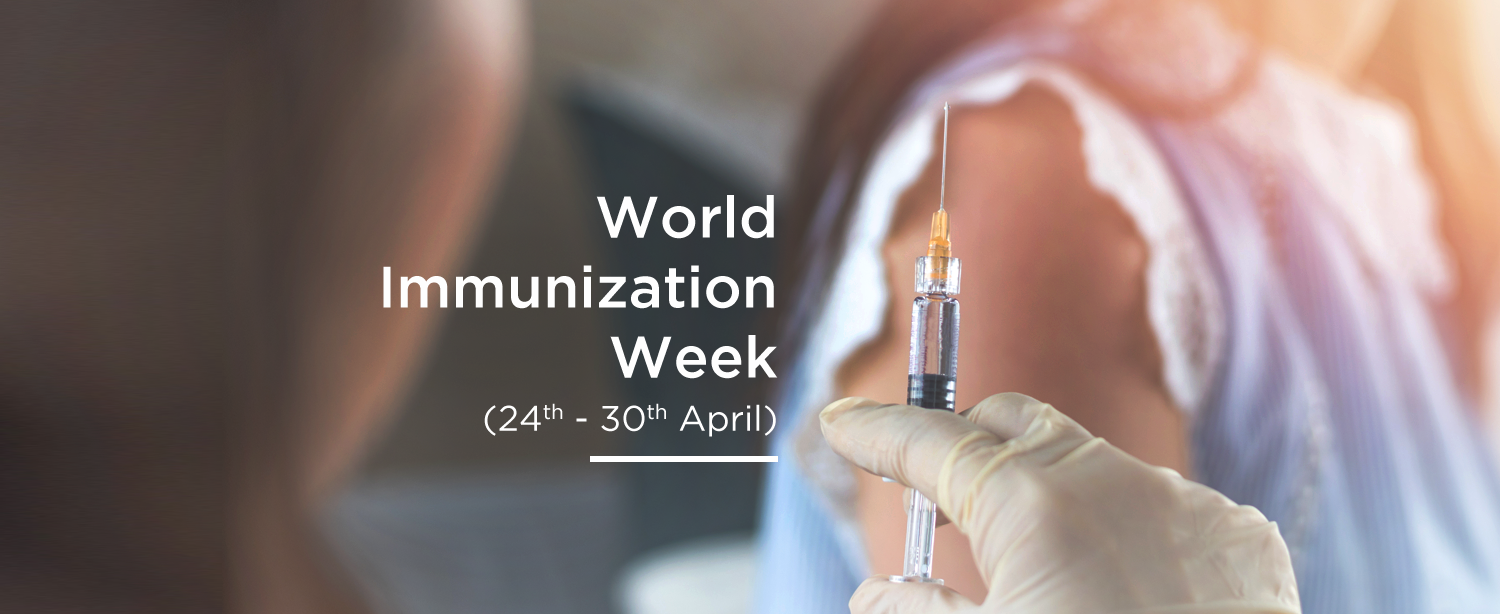Immunizations are an essential part of healthcare. By receiving an immunization for a disease, a person defends him or herself against catching that disease. But the benefits do not stop there; society gains a collective immunization as more and more people become immune to a particular disease. Once a collective immunization has been established, once-dangerous diseases can be eradicated. Polio, for example, was eliminated by immunizations.
Vaccines are recommended throughout a person’s lifetime, with specific immunizations associated with different age groups such as infants, young children, preteens, adults, and older adults. Vaccination helps prevent dangerous infectious life-threatening diseases. For some diseases, vaccination provides lifelong protection, while for others the effect is diminished after a few years and booster doses are required.
Child vaccinations
You always choose the best school, safest toys, healthy foods for your child. However, you might be unaware that one of the best ways to protect your children is to make sure they have all of their vaccinations. Some parents are choosing to avoid vaccinating their children, this trend can prove harmful to society. Here are a few essential reasons to vaccinate your child:
- Immunizations can save your child’s life: Because of advances in medical science, your child can be protected against more diseases than ever before. Some diseases that once injured or killed thousands of children have been eliminated completely and others are close to extinction– primarily due to safe and effective vaccines. Polio is one example of the great impact that vaccines.
- Vaccination is very safe and effective: Vaccines are only given to children after a long and careful review by scientists, doctors, and healthcare professionals. Vaccines will involve some discomfort and may cause pain, redness, or tenderness at the site of injection but this is minimal compared to the pain, discomfort, and trauma of the diseases these vaccines prevent.
- Immunizations can save your family time and money: Some vaccine-preventable diseases can result in prolonged disabilities and can take a financial toll because of lost time at work, medical bills, or long-term disability care.
- Immunization protects future generations: Vaccines have reduced and, in some cases, eliminated many diseases that killed or severely disabled people just a few generations ago. For example, smallpox vaccination eradicated that disease worldwide. If we continue vaccinating now and vaccinating completely, parents in the future may be able to trust that some diseases of today will no longer be around to harm their children in the future.
Myths and Facts
- Myth: It’s not necessary to vaccinate so early in life.
Fact: The diseases these vaccines prevent are most deadly in the very young. Hence they are recommended at the earliest ages. Delaying vaccines until children are older simply puts infants and toddlers at greater risk for potentially life-threatening diseases such as whooping cough, measles and diphtheria. - Myth: The vaccine schedule is too aggressive and should be spaced out.
Fact: The immunization schedule is determined by decades of medical evidence showing there’s an optimal window of time when vaccines are most effective in preventing — and children are most vulnerable to — these diseases.
- Myth: Vaccinations cause the diseases that they are meant to prevent.
Fact: Vaccines don’t cause diseases as they don’t contain active viruses. Vaccines stimulate your immune systems to produce the antibodies needed to protect you from diseases. The process of producing antibodies can sometimes cause a low fever or minor swelling, but not the actual diseases. - Myth: Breastfed babies don’t need vaccines.
Fact: Breastfeeding is not a substitute for vaccination. Breastfeeding provides some protection against certain infections, like viral respiratory infections and diarrhoea. But this protection is incomplete and can be overcome if your baby is exposed to large amounts of a specific germ. - Myth: It’s not safe to get more than one vaccine at a time.
Fact: Research suggests that it is safe for healthy individuals to receive more than one vaccine at a time.
Adult immunizations
Vaccines are not just for children, they are for adults also. Vaccines can lower your chance of getting certain diseases. Vaccines work with your body’s natural defenses to help you safely develop immunity to disease. This lowers your chances of getting certain diseases and suffering from complications. Here are a few vaccines common for adults:
- Hepatitis B vaccine lowers your risk of liver cancer.
- HPV vaccine lowers your risk of cervical cancer.
- Pneumococcal vaccine is given to people over 65 years of age.
- Rubella vaccination is given to females who are of reproductive age group.
COVID and Immunizations
The lockdown due to the COVID-19 pandemic has threatened the future of millions of children globally as they may miss life-saving vaccinations. More than 100 million children are set to miss out on their measles vaccines this year due to lockdown designed to stop deaths from COVID-19, according to the World Health Organisation. The world is at risk of the worst outbreak of measles for decades due to the coronavirus pandemic.
Is your child due for a vaccine now? Worried about stepping out in the lockdown? Concerned about hospital visits in the midst of the COVID-19 pandemic? Consult experts at our Centre for Children and make a healthy and safe choice for your child.
Experts at out Adult Immunization Clinic help guide you about essential adult vaccines. Please find below website links for further reference:
https://www.kokilabenhospital.com/departments/centresofexcellence/centrefor_children.html
https://www.kokilabenhospital.com/departments/clinicsatkh/adultimmunizationclinic.html


